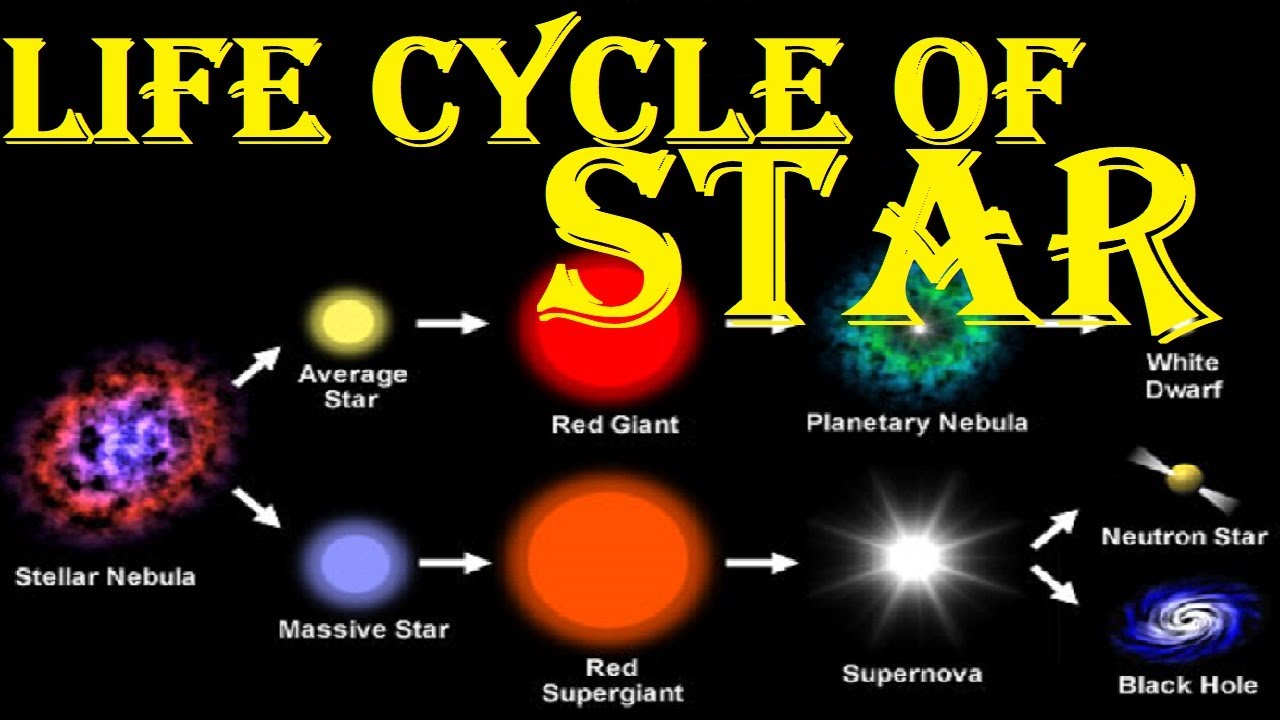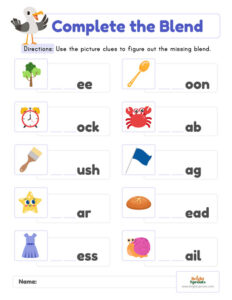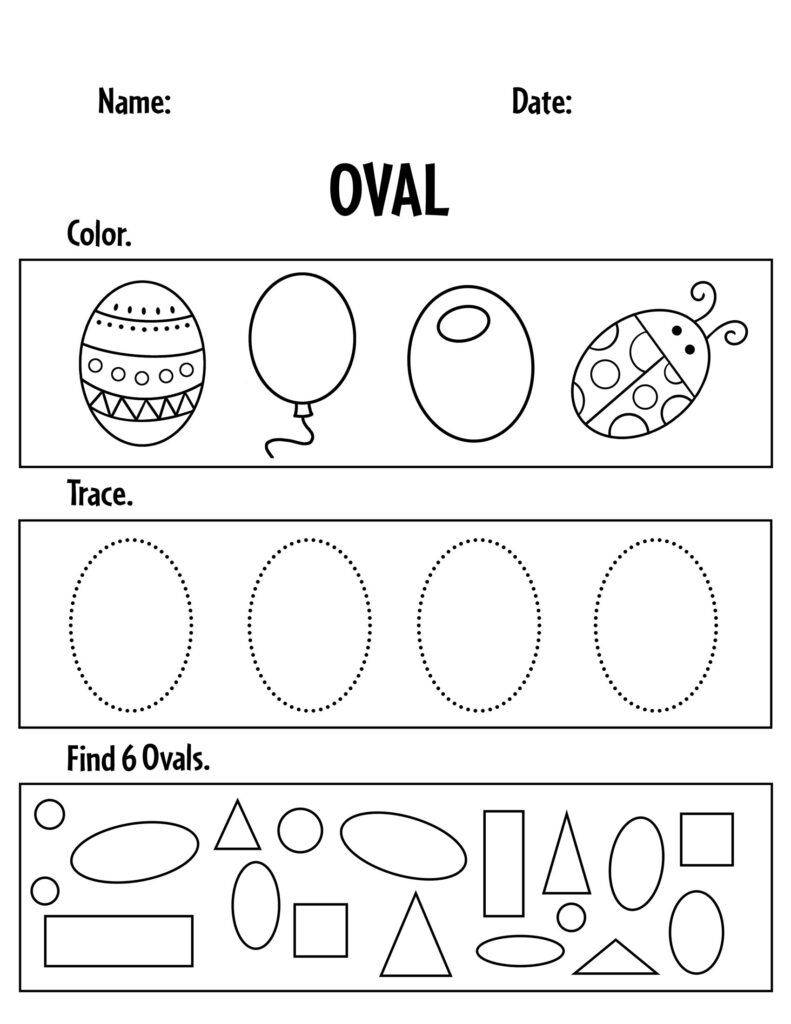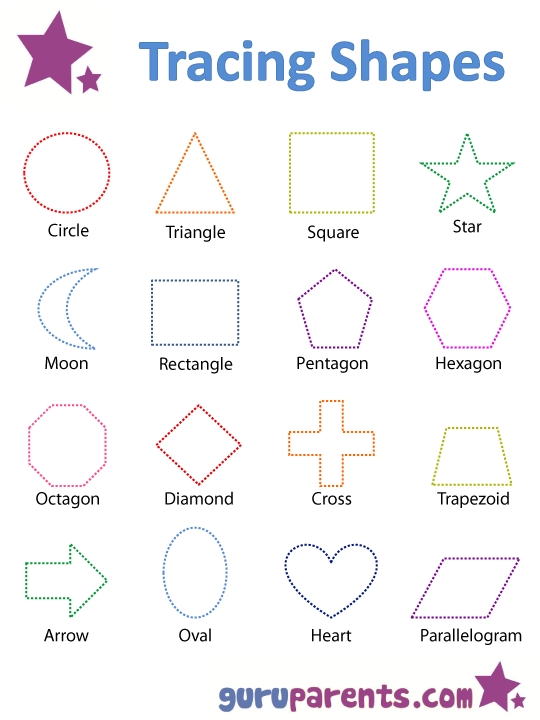Healthy vs Unhealthy Relationships Worksheets for Personal Growth
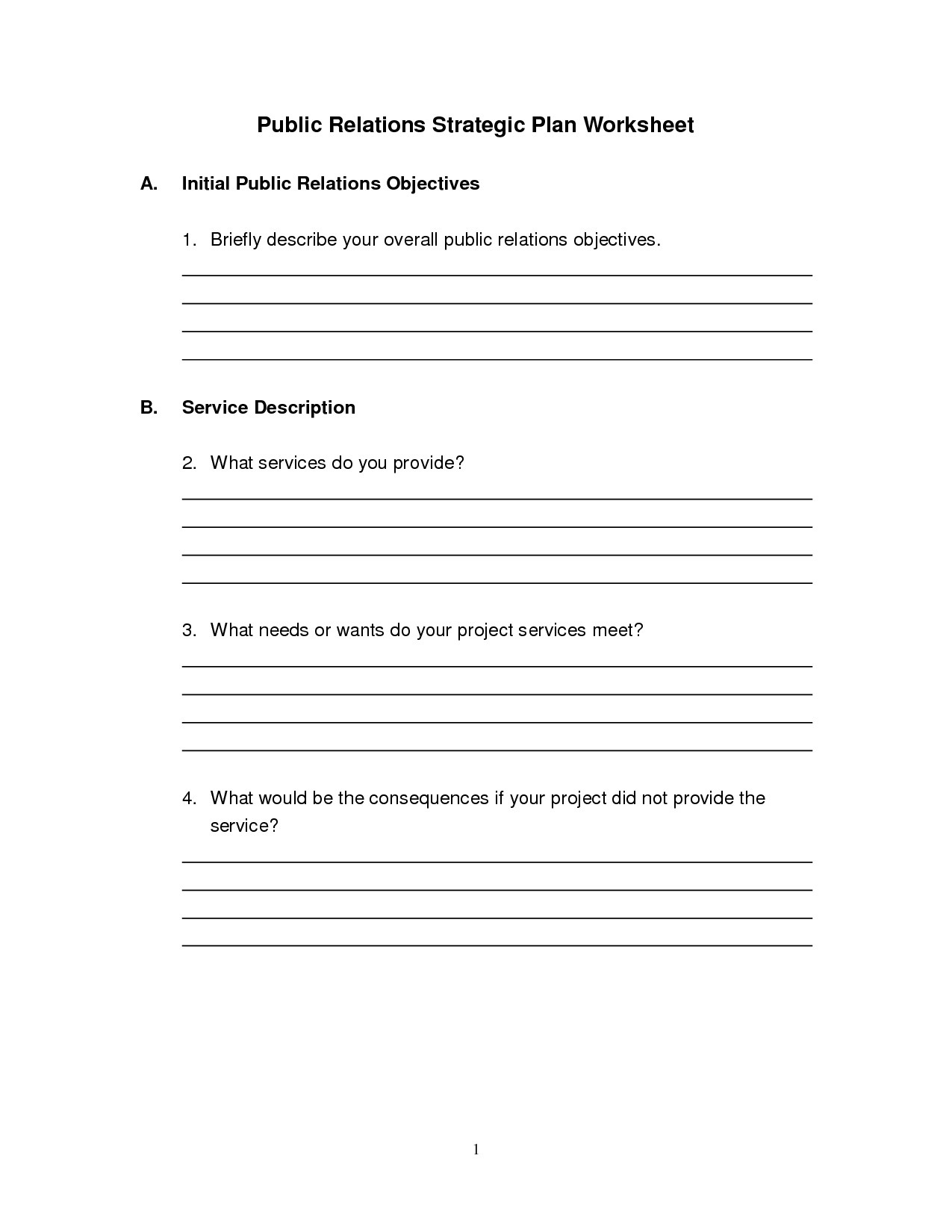
Understanding the Dynamics of Healthy vs Unhealthy Relationships
When it comes to building and maintaining strong, fulfilling relationships, it’s essential to recognize the differences between healthy and unhealthy dynamics. In this article, we’ll delve into the characteristics of both types of relationships and provide worksheets for personal growth to help you reflect on your own relationships.
Characteristics of Healthy Relationships
Healthy relationships are built on mutual respect, trust, and open communication. Some key characteristics of healthy relationships include:
- Emotional Intelligence: Partners are aware of their emotions and can express them in a healthy, constructive manner.
- Active Listening: Both partners listen attentively to each other, making an effort to understand each other’s perspectives.
- Respect and Trust: Partners respect each other’s boundaries, values, and individuality, and trust each other to make decisions.
- Effective Conflict Resolution: Partners can resolve conflicts in a healthy, constructive manner, without resorting to criticism or aggression.
- Support and Encouragement: Partners support and encourage each other’s goals, aspirations, and personal growth.
Characteristics of Unhealthy Relationships
Unhealthy relationships, on the other hand, can be detrimental to one’s emotional and mental well-being. Some common characteristics of unhealthy relationships include:
- Toxic Communication: Partners communicate in a critical, dismissive, or aggressive manner.
- Manipulation and Control: One partner tries to control or manipulate the other, often using guilt, anger, or self-pity.
- Disrespect and Criticism: Partners frequently criticize or belittle each other, eroding self-esteem and confidence.
- Lack of Boundaries: Partners disregard each other’s boundaries, leading to feelings of resentment and burnout.
- Emotional Abuse: Partners engage in emotional abuse, such as gaslighting, emotional blackmail, or emotional manipulation.
Worksheets for Personal Growth
Take the time to reflect on your own relationships using the following worksheets:
Worksheet 1: Relationship Assessment
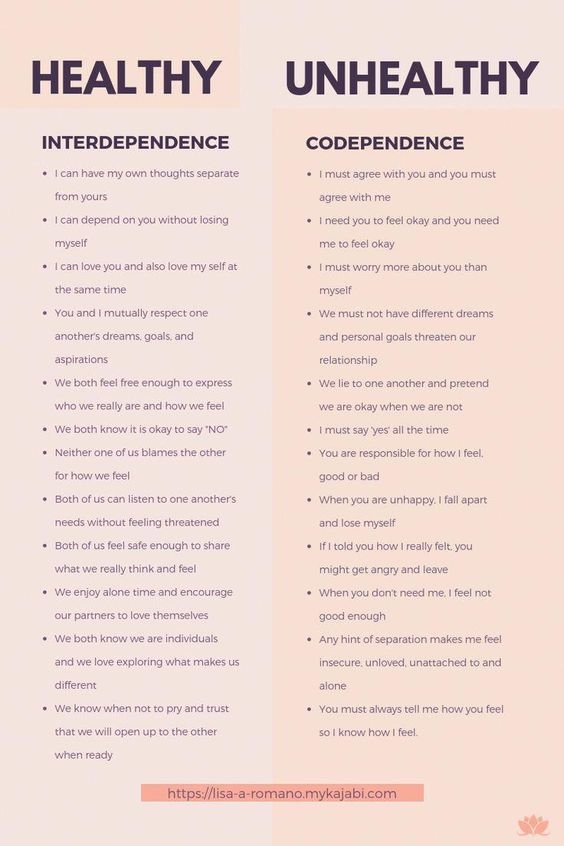
| Category | Healthy | Unhealthy |
|---|---|---|
| Communication | ||
| Conflict Resolution | ||
| Respect and Trust | ||
| Support and Encouragement | ||
| Emotional Intelligence |
Rate your relationship on a scale of 1-5 for each category, with 1 being “very unhealthy” and 5 being “very healthy.” Reflect on areas where your relationship excels and areas where improvement is needed.
Worksheet 2: Identifying Red Flags
What are some red flags you’ve noticed in your relationship? Consider the following:
- Do you feel anxious, fearful, or uncertain when interacting with your partner?
- Are you constantly walking on eggshells, trying to avoid conflict?
- Do you feel disrespected, dismissed, or unheard in conversations?
- Are there unmet emotional or physical needs in the relationship?
- Have you noticed a lack of boundaries or respect for your individuality?
Write down any red flags you’ve identified and reflect on how they impact your relationship.
Worksheet 3: Building Healthy Habits
What healthy habits can you cultivate in your relationship? Consider the following:
- Practice active listening and empathy in conversations.
- Establish and respect each other’s boundaries.
- Engage in open and honest communication.
- Show appreciation and gratitude for each other.
- Prioritize quality time together.
Write down three healthy habits you’d like to develop in your relationship and create an action plan for implementing them.
💡 Note: Remember that every relationship is unique, and what works for one couple may not work for another. These worksheets are meant to serve as a starting point for reflection and growth, not a one-size-fits-all solution.
Conclusion
Understanding the differences between healthy and unhealthy relationships is crucial for building and maintaining strong, fulfilling relationships. By reflecting on your own relationships using the worksheets provided, you can gain valuable insights into areas of strength and weakness. Remember to prioritize self-care, communication, and mutual respect in your relationships, and don’t be afraid to seek help when needed.
What are some common signs of an unhealthy relationship?
+Some common signs of an unhealthy relationship include toxic communication, manipulation and control, disrespect and criticism, lack of boundaries, and emotional abuse.
How can I improve communication in my relationship?
+Practice active listening, use “I” statements instead of “you” statements, and avoid blaming or criticizing your partner. Also, make time for regular, open, and honest conversations.
What if I’m unsure if my relationship is healthy or unhealthy?
+If you’re unsure about the health of your relationship, consider seeking the help of a couples therapist or counselor. They can provide you with guidance and support to help you navigate your relationship and make positive changes.
